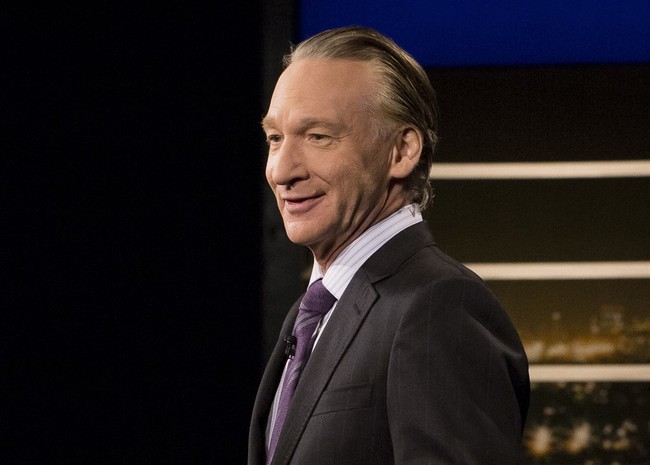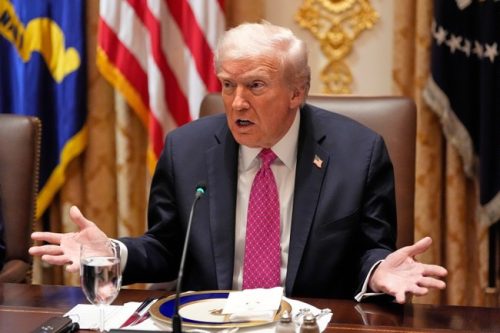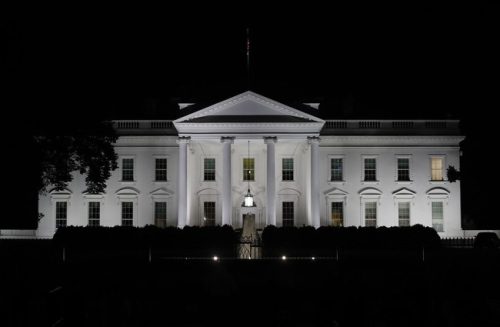Bill Maher Explains Why the Hollywood Left Will Never Come on His Show
Bill Maher has been blunt about why hardcore leftists rarely appear on his platforms, from HBO’s Real Time to his podcast Club Random. He says the divide isn’t just political theater; it’s a basic mismatch about who shows up prepared to debate current events. Maher raised the topic during a conversation with guest Billy Bush.
Maher’s point is simple and harsh: many of these celebrity guests don’t do the homework. He argues that if you want to survive a debate on Real Time or Club Random, you need a firm grasp of the facts and the context. That expectation, he says, weeds out a lot of the usual Hollywood roster.
Bill Maher lays out the cold, hard truth about why Hollywood celebrities won’t come on his show.
Maher knew this would anger them, but he said it anyway:
“I’m not putting them down—but you have to know sh*t [to survive on my show]. And celebrities mostly do not feel the need to… pic.twitter.com/rqVoQ6FsF6
— Vigilant Fox 🦊 (@VigilantFox) October 20, 2025
“I’m not putting them down—but you have to know s**t. And celebrities mostly do not feel the need to know s**t,” said Maher. Those words landed because they cut to what he sees as a larger problem: style over substance on much of the left’s celebrity circuit.
Maher backed his claim with a specific example he’s talked about before: the genocide in Nigeria, where the Muslims are systemically killing the Christian population. He warned that people who aren’t aware of that crisis are relying on poor sources, and he suggested mainstream attention is limited because the victims are Christians and Israel isn’t involved. That observation is meant to highlight bias in coverage and the blind spots of many commentators.
From a Republican viewpoint, Maher’s willingness to name inconvenient truths is refreshing. He will call out his own side when it deserves it, which makes him less predictable and, to some conservatives, more trustworthy than many partisan pundits. His approach annoys the identity-policing crowd but resonates with anyone who values open debate over party loyalty.
There’s a social side to Maher’s appeal, too; he comes off like someone you could sit down with and talk honestly without the performative outrage. That conversational tone leads to unexpected pairings and frank moments, the sort of thing cable and podcast producers often avoid. It’s why some guests who fear the left’s mob dynamics opt to stay away from his stage.
Maher’s critiques aren’t just rhetorical. He has publicly praised Ron DeSantis for what he called a sensible COVID policy, setting him apart from many on the left who reflexively attacked any conservative approach. He also offered a sharp line that stays in the record: DeSantis might have been correct about Disney’s hiring practices vis-à-vis hiring child sex predators. That sentence reflects both Maher’s contrarian streak and the volatile cultural fights over business and morality.
Part of why Maher can make those points is that he doesn’t dodge controversy when guests have complicated histories. He had Billy Bush on despite the fact that Bush was vilified for laughing at a notorious Trump remark and suffered real personal fallout. Maher treats those histories as context for conversation rather than automatic disqualification.
Billy Bush’s comeback on Maher’s platform shows how Maher separates scandal from debate. Bush was publicly dragged and faced consequences, including a broken marriage, for his role in that episode of pop culture. Letting him speak again is an example of Maher’s tolerance for redemption and messy human stories.
Whether you agree with Bill Maher or not, he makes a point conservatives often make: media ecosystems reward narrative and outrage over facts and curiosity. His show demands more than a prepared talking point, and that expectation keeps a lot of Hollywood figures offstage. For viewers tired of performative takes, Maher’s blunt bar for participation is both irritating and oddly vital.






